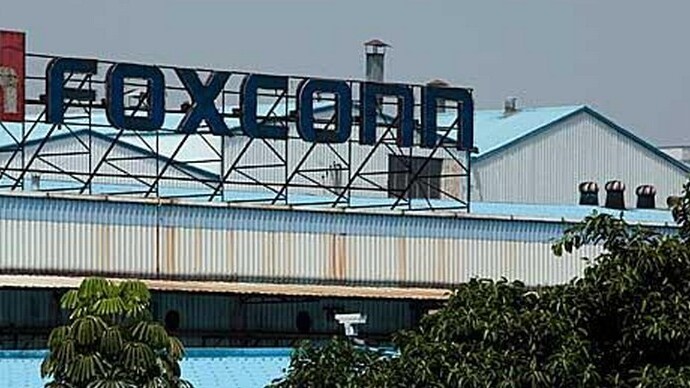
Foxconn has revealed that Apple will jointly share the cost of improving the conditions of workers at its Chinese factories which produce the US company’s iPhone and iPad devices.
Speaking to media at the launch of its new China headquarters in Shanghai, Foxconn CEO Terry Gou revealed Apple’s commitment to helping improve the welfare of its one million plus workforce in the country, Reuters reports.
Gou says that Apple sees the investment as one that has benefits for its image and business as a whole:
We’ve discovered that this (improving factory conditions) is not a cost. It is a competitive strength. I believe Apple sees this as a competitive strength along with us, and so we will split the initial costs.
It isn’t entirely clear exactly what the improvements will entail, how much they will cost or what share of the costs that Apple will contribute, but the act is a significant one, nonetheless.
Apple is sensitive to opinions around the welfare of Foxconn’s Chinese staff, particularly after a series of issues — including suicides, safety, working hours and conditions — raised questions over whether the company was exploiting low-paid laborers in China.
Keen to bolster its image, Apple CEO Tim Cook — who visited a factory during a trip to China year — arranged an independent investigation of workers’ conditions. Cook has pledged to improve the conditions, insisting that Apple cares about all of its staff.
Cook also launched an environmental audit of the factories and Apple is certainly keen to be seen as working to improve things, and its financial support for the improvements falls under this bracket.
Microsoft is among other tech companies to have experienced similar issues in China, but Apple’s stellar performance and bank balance — which saw it most post revenues of $39.2 billion during the last quarter — see it draw more criticism than its industry peers.
Apple recently expanded its production to Brazil, where it also works with Foxconn, and the firms will have been concerned by reports that employees there considered striking over labor issues last month.
Get the TNW newsletter
Get the most important tech news in your inbox each week.






